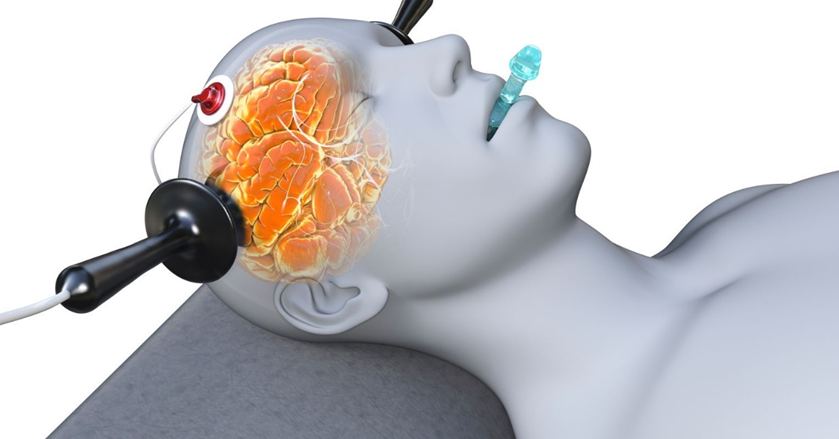A nurse in an acute care facility is planning care for a client with a history of alcohol use disorder who is admitted while intoxicated. Which of the following interventions should the nurse implement?
Implement seizure precautions.
Monitor for orthostatic hypotension.
Administer methadone hydrochloride.
Acidify the client's urine.
The Correct Answer is A
Choice A reason:
Implementing seizure precautions is a critical intervention for a client with a history of alcohol use disorder who is admitted while intoxicated. Alcohol withdrawal can lead to seizures, which can be life-threatening. Seizure precautions include maintaining a safe environment, having emergency medication and equipment ready, and monitoring the client closely for signs of seizure activity.
Choice B reason:
Monitoring for orthostatic hypotension is important, especially if the client is experiencing withdrawal symptoms, as dehydration and electrolyte imbalances can occur. However, it is not as immediately critical as implementing seizure precautions for a client who is currently intoxicated.
Choice C reason:
Administering methadone hydrochloride is not an appropriate intervention for alcohol intoxication or withdrawal. Methadone is used for opioid use disorder, not alcohol use disorder, and could be harmful if given to a client with alcohol intoxication.
Choice D reason:
Acidifying the client's urine is not a standard intervention for alcohol intoxication or withdrawal. This intervention is more commonly associated with managing certain drug overdoses or poisonings to increase the elimination of the substance.
Nursing Test Bank
Naxlex Comprehensive Predictor Exams
Related Questions
Correct Answer is C
Explanation
Choice A reason:
Electroconvulsive therapy (ECT) is not considered a cure for major depressive disorders. While ECT can be highly effective in alleviating symptoms of severe depression, it does not prevent future episodes. Patients often require ongoing treatment with medications or psychotherapy to maintain the benefits of ECT.
Choice B reason:
During ECT, the patient is not awake and alert. The procedure is performed under general anesthesia, meaning the patient is unconscious and does not feel the electrical stimulation or the induced seizure. This ensures the procedure is painless and the patient is unaware during the treatment.
Choice C reason:
It is common for patients to experience confusion for a few hours after ECT. This confusion is partly due to the anesthesia and partly due to the treatment itself. In most cases, the confusion resolves within a few hours, but it can sometimes last longer, especially in older adults.
Choice D reason:
ECT does not stimulate the vagus nerve. Vagus nerve stimulation (VNS) is a different treatment that involves using a device to send electrical impulses to the vagus nerve. ECT works by inducing a controlled seizure in the brain, which can help alleviate symptoms of severe depression.

Correct Answer is B
Explanation
Choice A reason:
Informing the client about confidentiality rights is an essential part of the initial orientation phase of a therapeutic relationship. This is when the nurse and client establish the parameters of the relationship, including confidentiality. However, this is not typically a task for the working phase.
Choice B reason:
During the working phase of a therapeutic relationship, the nurse's primary task is to evaluate progress toward predetermined goals. This phase involves active problem-solving and implementing nursing interventions. The nurse and client work together to address problems and issues, and it is crucial to assess whether the interventions are effective and if the goals are being met.
Choice C reason:
Establishing boundaries between the nurse and the client is another task that occurs during the orientation phase. Clear boundaries are necessary for a professional and therapeutic relationship, but they are set at the beginning and maintained throughout the relationship, not just during the working phase.
Choice D reason:
Setting short- and long-term objectives is part of both the orientation and working phases. While objectives may be initially set during the orientation phase, they can be revisited and adjusted during the working phase as needed. However, the primary focus of the working phase is on evaluating progress, not setting objectives.
Whether you are a student looking to ace your exams or a practicing nurse seeking to enhance your expertise , our nursing education contents will empower you with the confidence and competence to make a difference in the lives of patients and become a respected leader in the healthcare field.
Visit Naxlex, invest in your future and unlock endless possibilities with our unparalleled nursing education contents today
Report Wrong Answer on the Current Question
Do you disagree with the answer? If yes, what is your expected answer? Explain.
Kindly be descriptive with the issue you are facing.
